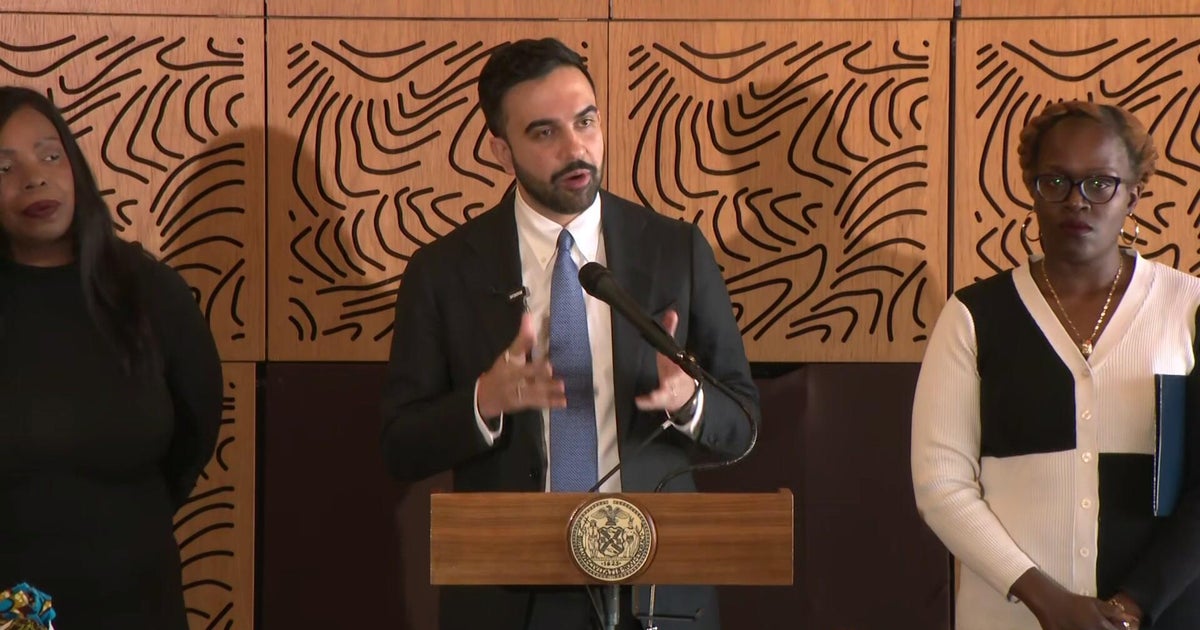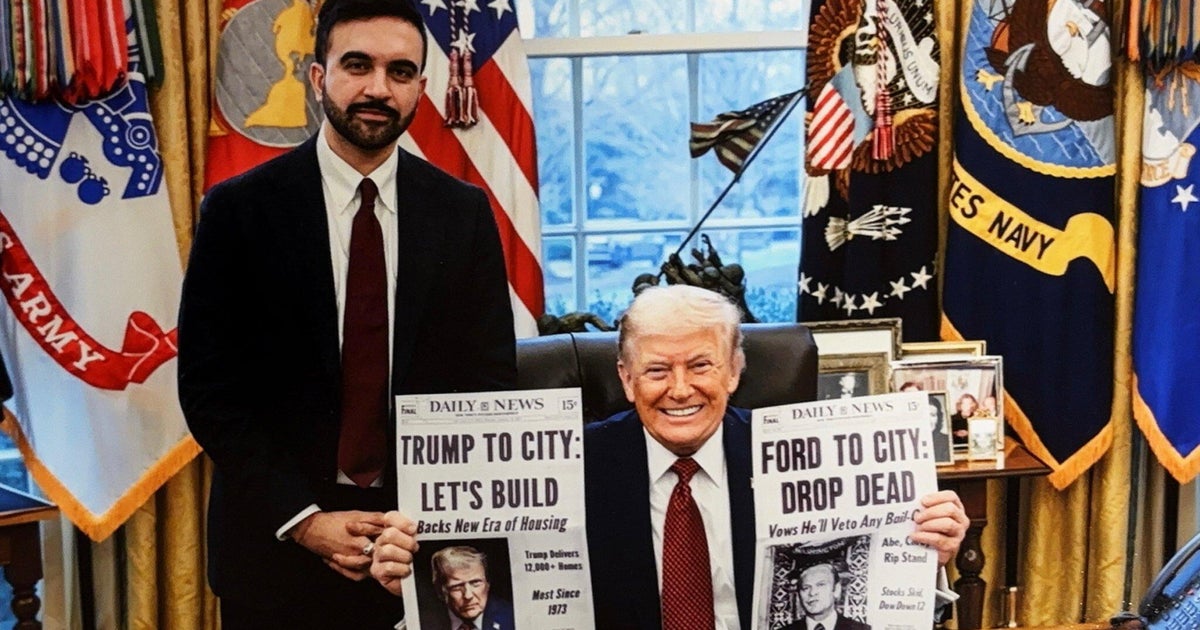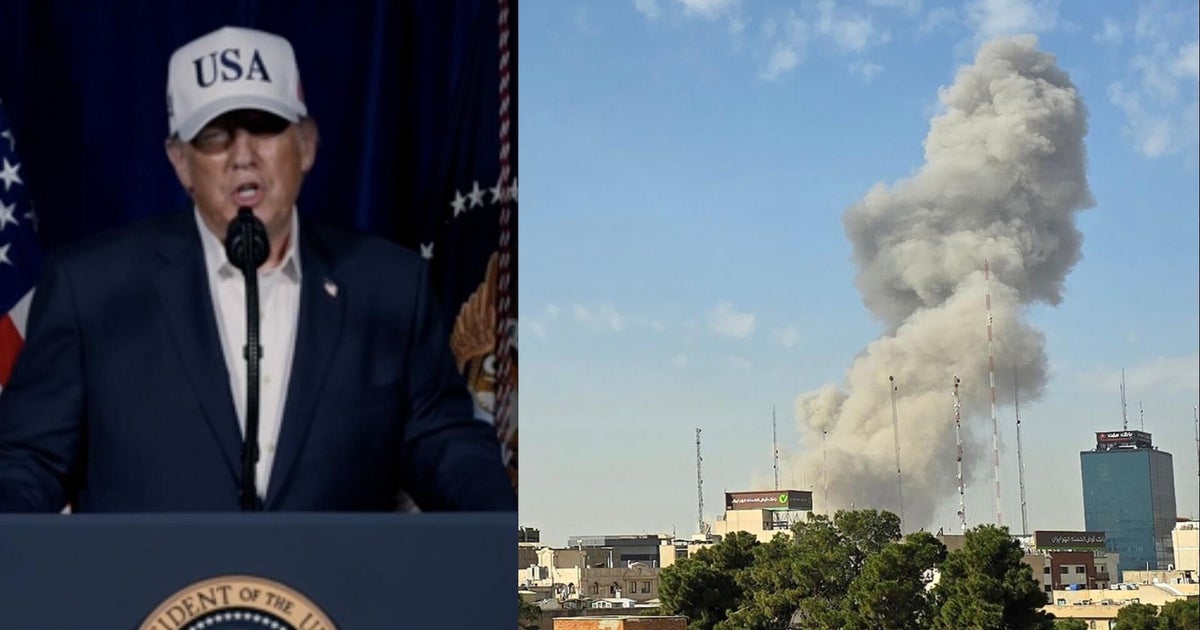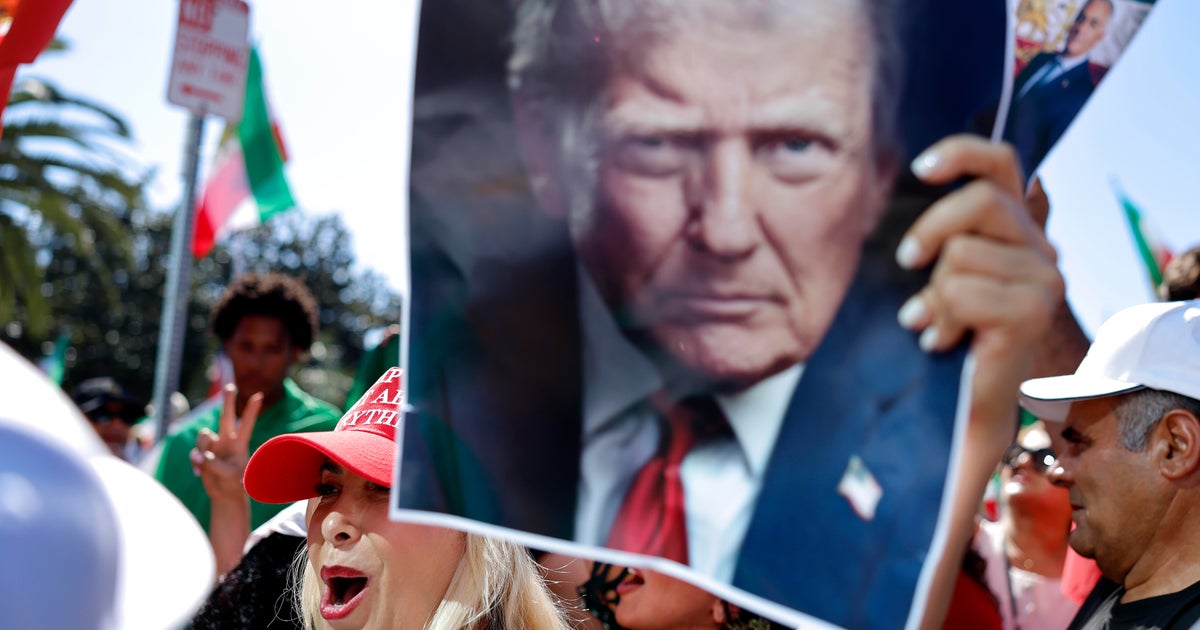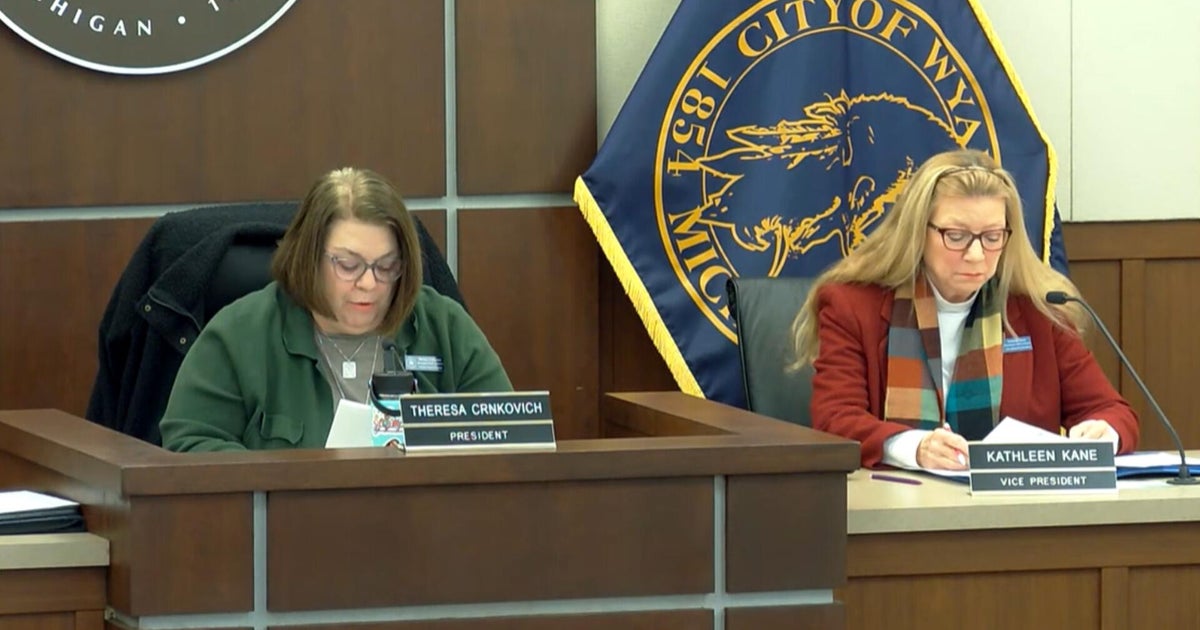Trump's Proposal To Ban Muslims Disappears, Reappears On Website
Follow CBSMIAMI.COM: Facebook | Twitter
WASHINGTON (CBSMiami) -- Just two days after he was elected the 45th president of the United States, Donald Trump seemed to possibly be dialing back one of his most divisive proposals made during his bid for the White House.
On Thursday, Trump's website took down his one-time call to ban Muslims from entering the country. Hours later, it was back up.
Call it a technical glitch, instead.
Following the shooting attack in San Bernardino on December 2, 2015, that killed 14 and wounded 22, Trump released the statement calling for a "total and complete shutdown of Muslims entering the United States."
Sometime within the 24 hours after he was elected president, the message disappeared from his website and redirected visitors to his donation page. CBSNews's Sopan Deb posted an image of the statement back in July.
Link to Donald Trump's Muslim ban - still on the website: https://t.co/nHnB4fywwK pic.twitter.com/jeqWCJ8k00
— Sopan Deb (@SopanDeb) July 22, 2016
Using Pew Research and a poll from the Center for Security Policy, a conservative think tank in D.C., Trump concluded that "there is great hatred towards Americans by large segments of the Muslim population" with more than half of those polled wanting to see Sharia law executed in the U.S.
Despite the hard-line stance concerning a large swath of people, Trump has since tweaked the message.
In his first 100 days in office, Trump says he would be suspending immigration from "terror-prone" regions, a point he began altering while on the campaign trail.
During the October 9th presidential debate, he told moderators that the ban had "morphed" into "extreme vetting." Two months earlier, he suggested something like an ideological test.
"We should only admit in this country those who share our values and respect our people... the time is overdue to develop a new screening test," Trump argued.
Nearly 6 in 10 Americans don't support a temporary ban on Muslims and about two-thirds of the country believe a ban would directly oppose the country's founding principles, according to a CBS News poll taken at the end of 2015.
